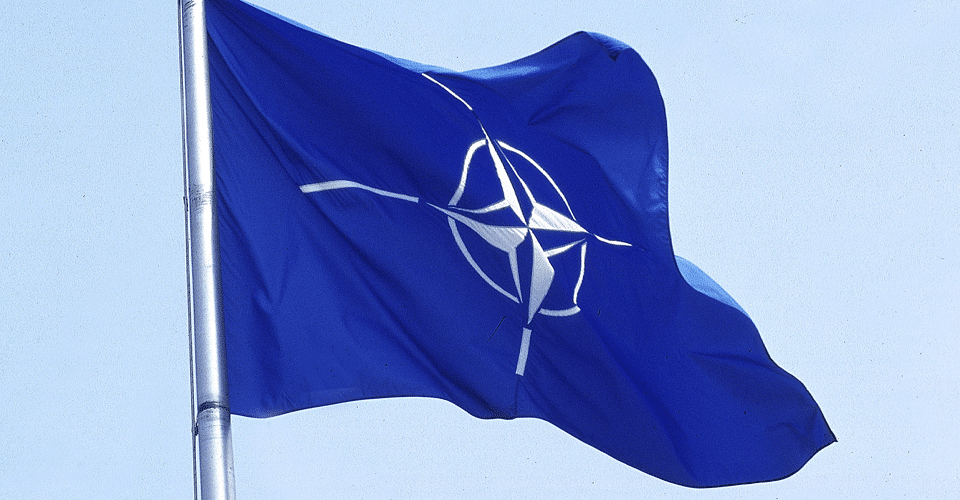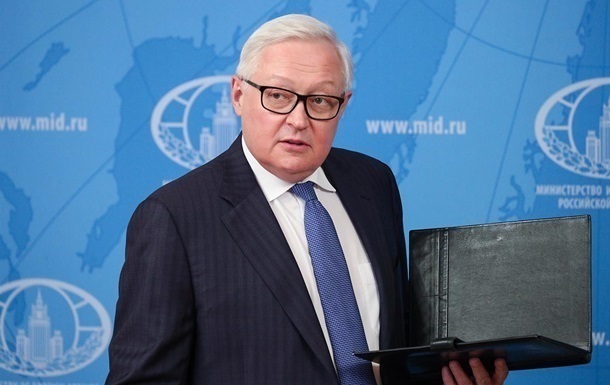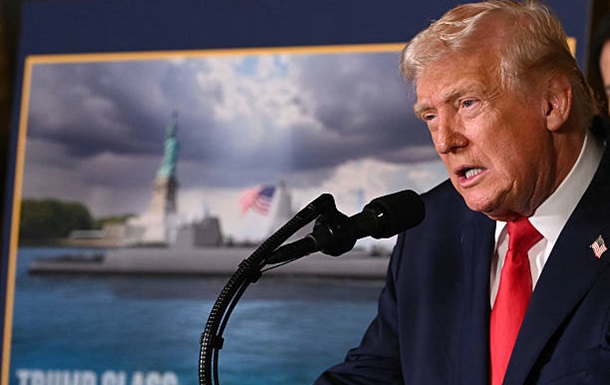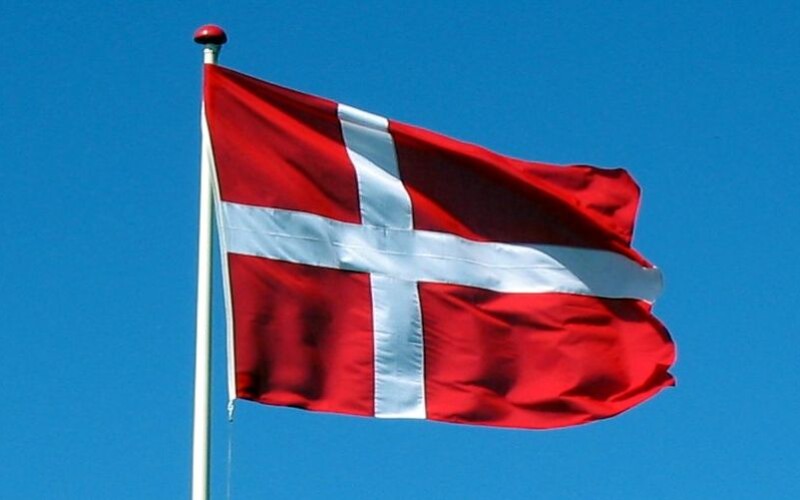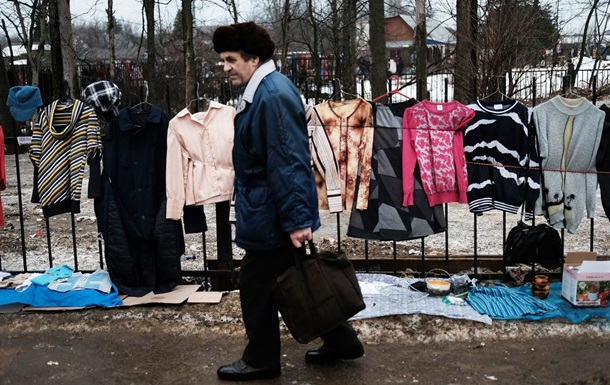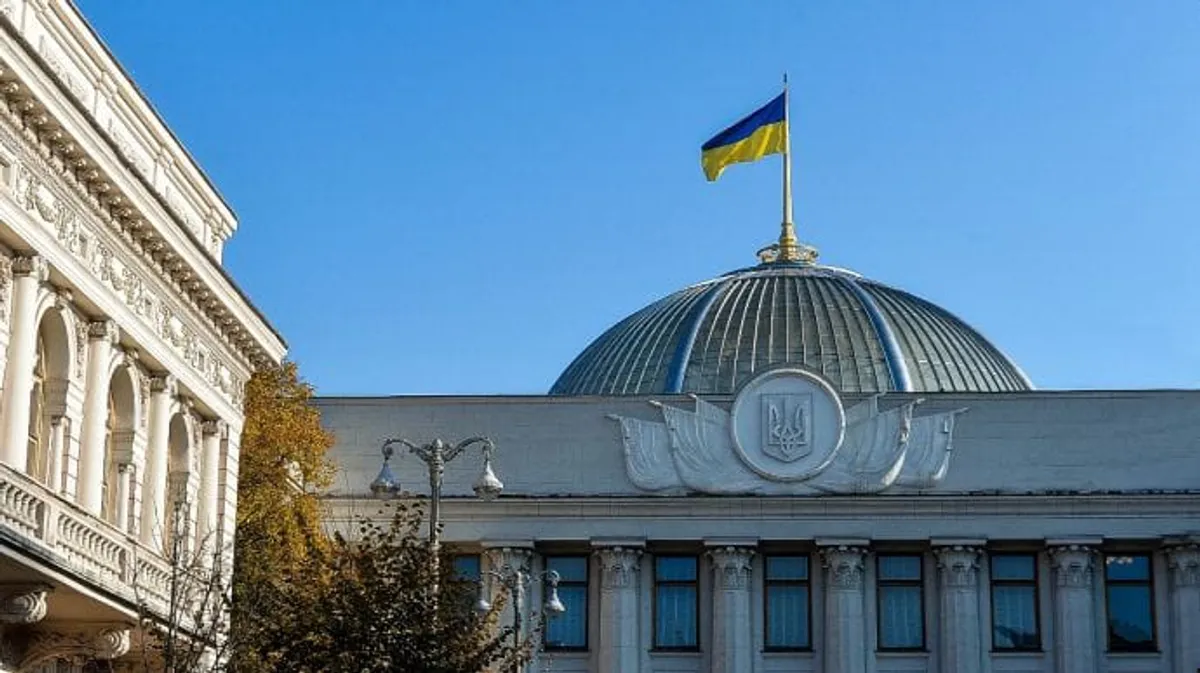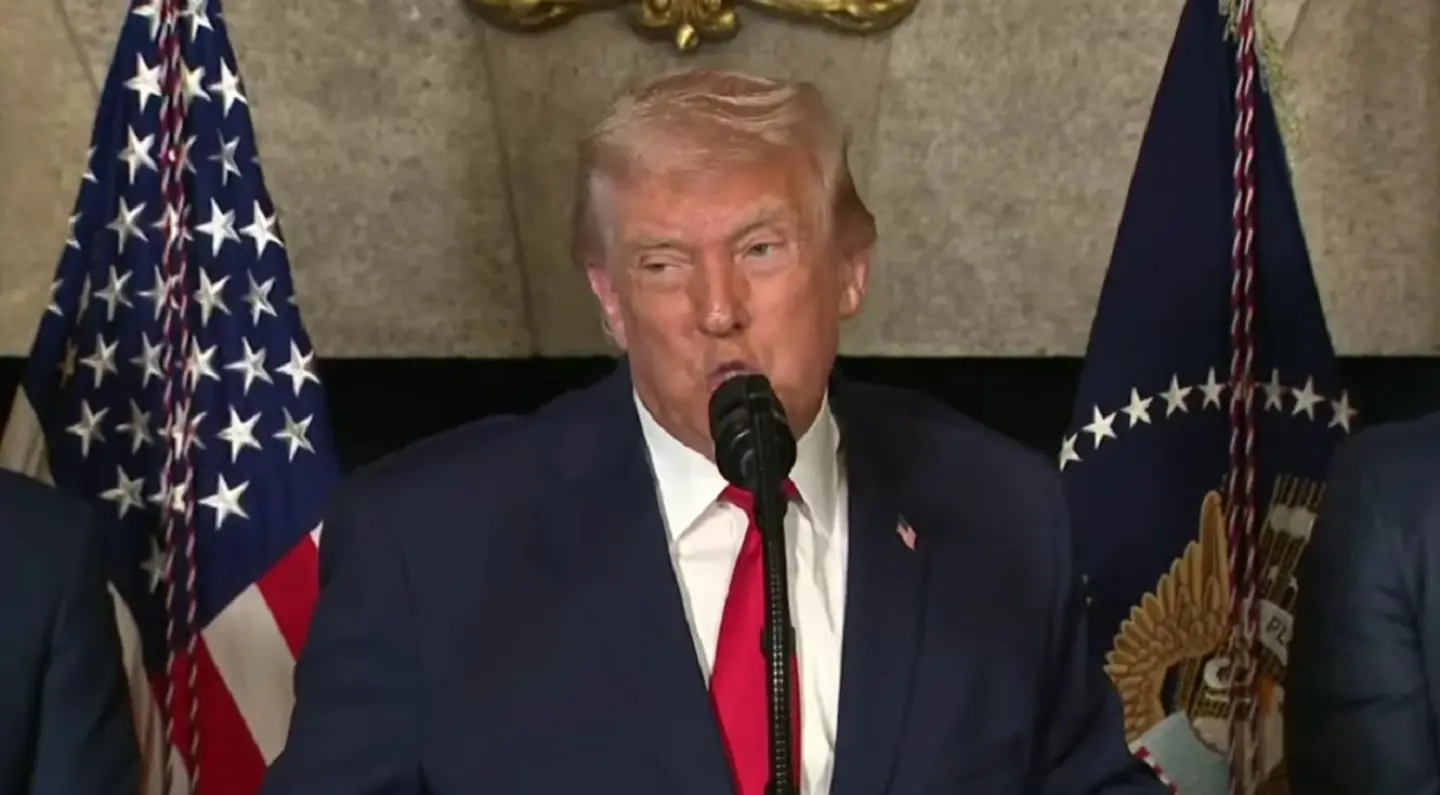Валюта — это денежная единица любого другого государства, а также расчетная, общепринятая мировая единица, например американский доллар, фунт стерлингов, евро.
Курс валют – это соотношение двух денежных единиц разных государств, то есть определенная сумма, которая платится одной денежной единицей, чтобы купить другую. Курс важен для расчетов между государствами и указывает на определенный паритет покупательской возможности. Это значит, что стоимость определенного товара должна быть одинаковой по количеству денежных единиц, но в разных валютах. Например, телефон Samsung стоит 114 990 руб. при соотношении доллара к рублю 72,83:1руб., его стоимость будет 1578,8$.
Как формируется курс
Курс тесно взаимодействует с конвертируемостью валюты. Это способность какой-либо денежной единицы легко обмениваться на иные денежные единицы. Она зависит от определенных ограничений, которые может накладывать государство на определенные валютные операции и делится:
1. На конвертируемость в настоящее время.
2. На конвертируемость перемещения денежных средств.
Первый вид нужен для проведения различных торговых операций (обычно это импорт/экспорт), а другой для свободного обмена между определенными странами.
Если денежная единица одного государства легко преобразуется в валюту другого государства, она является свободно конвертируемой.
От чего зависит курс валют
Практически курс валют киев валют отражается на всех гражданах. Например, рост валютного курса вызывает инфляцию, в то же время ее стабильность выгодна инвесторам, которым нужно, чтобы их вложения приносили им прибыль. Поэтому, чтобы выгодно вкладывать свои капиталы нужно знать, что может повлиять на падение и скачки курса валют. А его изменения зависят от:
1. Экономического состояния той страны, которой валюта принадлежит. К основным показателям экономики относится ВВП, уровень безработицы и инфляции, экономический баланс (правда некоторые экономические показатели также зависят от курса). Например, если в стране сильная экономика, она много своих товаров отправляет на экспорт, привлекает иностранных инвесторов – спрос на ее национальную валюту постоянно увеличивается, естественно и поднимается курс ее денежной единицы.
2. Работы государственных банков. Скупая иностранную валюту и запуская ее в оборот, задействуя свои денежные резервы, национальные банки поддерживают высокий курс своей национальной денежной единицы.
3. Перемещения капитала. При большом спросе на иностранную валюту внутри страны приводит к падению курса своей нац. валюты. То есть иностранные денежные единицы, по отношению к своей валюте дорожают.
4. Доверие, которое оказывают к определенной валюте внутренние и мировые рынки. В этом случае срабатывает классическое правило – чем меньше спрос, тем ниже стоимость.
Составить полный список, влияющих на изменение валютного курса факторов довольно сложно. Сюда можно внести и репутацию государства на международной арене, отношение с соседними странами, его инвестиционной привлекательности и многих иных факторов.

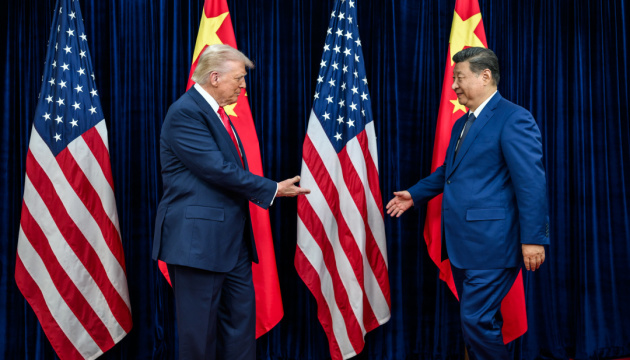
 3920
3920